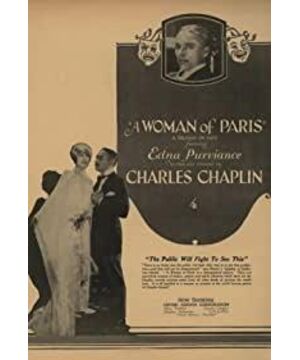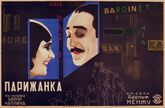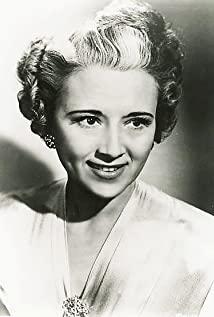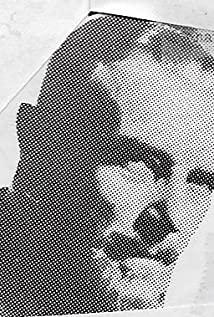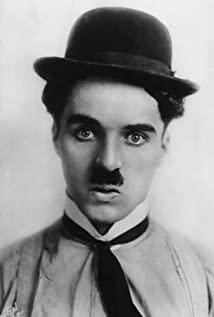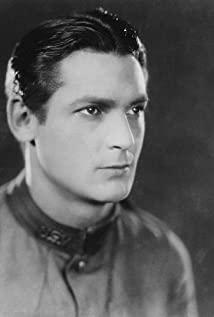The beginning of the film is very sad, a girl who lost her virginity before marriage, Marie, was kicked out of her house by her father and decided to have a private life with her sweetheart, Jean, and get married the next day. But the fate of Jean's father suddenly passed away, he had to tell Marie that the marriage plan had to be temporarily cancelled. However, Marie thought that her sweetheart changed her mind, and in a fit of rage, she went to Paris, and the two lovers were separated from each other.
Paris, a city that represents prosperity, beauty, and romance under the lens of almost all directors, Chaplin sees the hypocrisy, emptiness, and money supremacy of the upper class in Paris.
Marie met Jean by chance in Paris, although "time makes close people strangers," but in the process of Jean's painting for Marie, their love was rekindled again, but a series of barriers stood in front of them... It has long become the upper class of Paris The social courtesan Marie was already the mistress of a wealthy Parisian playboy (as Chaplin described the playboy as "he was the famous fifth diamond king in Paris, making and destroying women's fortunes") in poverty. Between the artist and the rich playboy (the playboy is about to get married, not with Marie, but with another woman who is "right"), which one will he choose? At this time, Chaplin, who has always been pitiful, gave us the answer with an almost cruel lens. Marie frantically chased the homeless person who picked up the necklace she threw when she was angry, and she ran out with a dog! Yes, she is no longer the innocent, pure girl she used to be, the city of Paris has changed her forever! Jean's mother also didn't believe that a poor artist would have a happy life with a courtesan. Jean, under pressure from her mother, changed her previous idea of reconnecting with Marie, and told her that her previous idea of marrying her was "just a momentary fragility" (my favorite line in the whole film), but the artist always has more Changed, Jean regretted it, and hoped to meet Marie one last time. After Marie categorically rejected Jean's request, the heartbroken Jean committed suicide in front of Marie.
The film's final ending has a sense of religious redemption. Jean's mother finally forgives Marie, who has lost her voice in pain next to her son's body, and Marie also leaves the glitzy world of Paris and adopts many orphans to live with Jean's mother.
Chaplin finally turned around and told us that he is still the one who is full of hope for the world and believes that "love" can save the world. May his hope come true soon.
View more about A Woman of Paris: A Drama of Fate reviews


